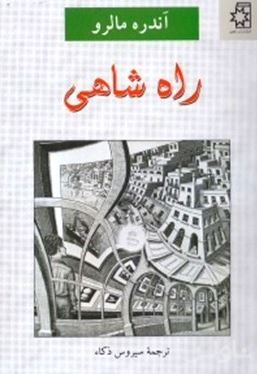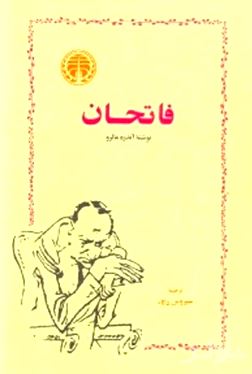|
نویسنده :
آندره مالرو
ناشر :
ناهید
۳/۳ از ۵
|
|||
|
نویسنده :
آندره مالرو
ناشر :
خوارزمی
۳/۵ از ۵
|



